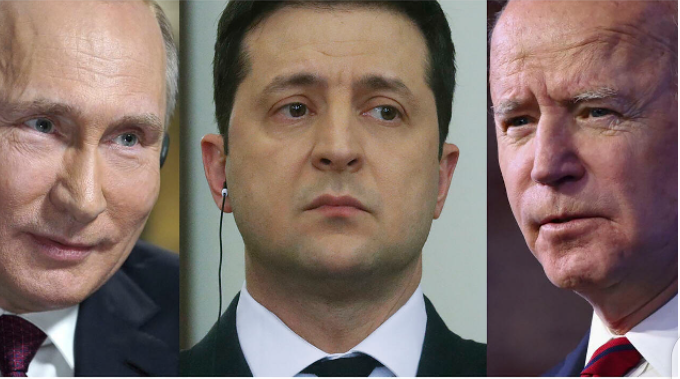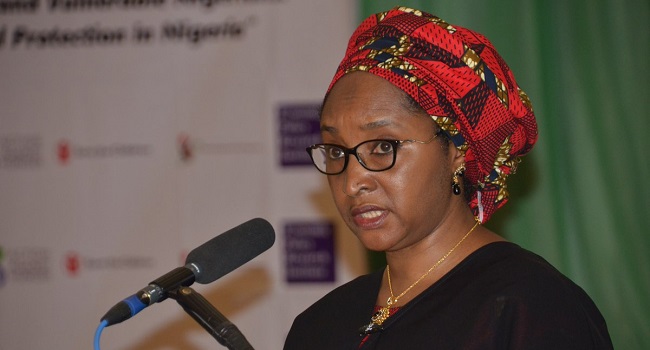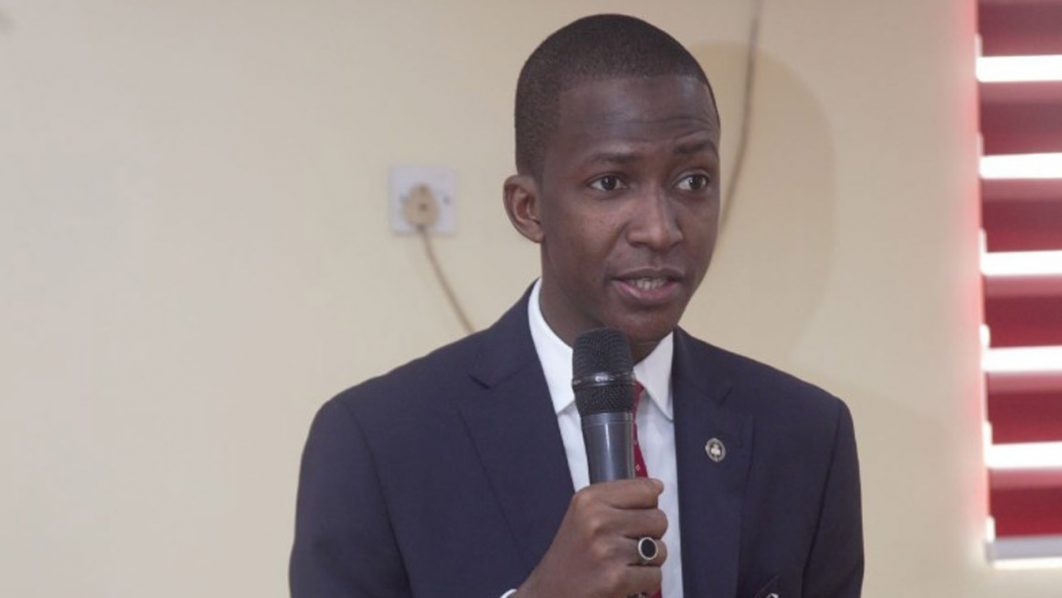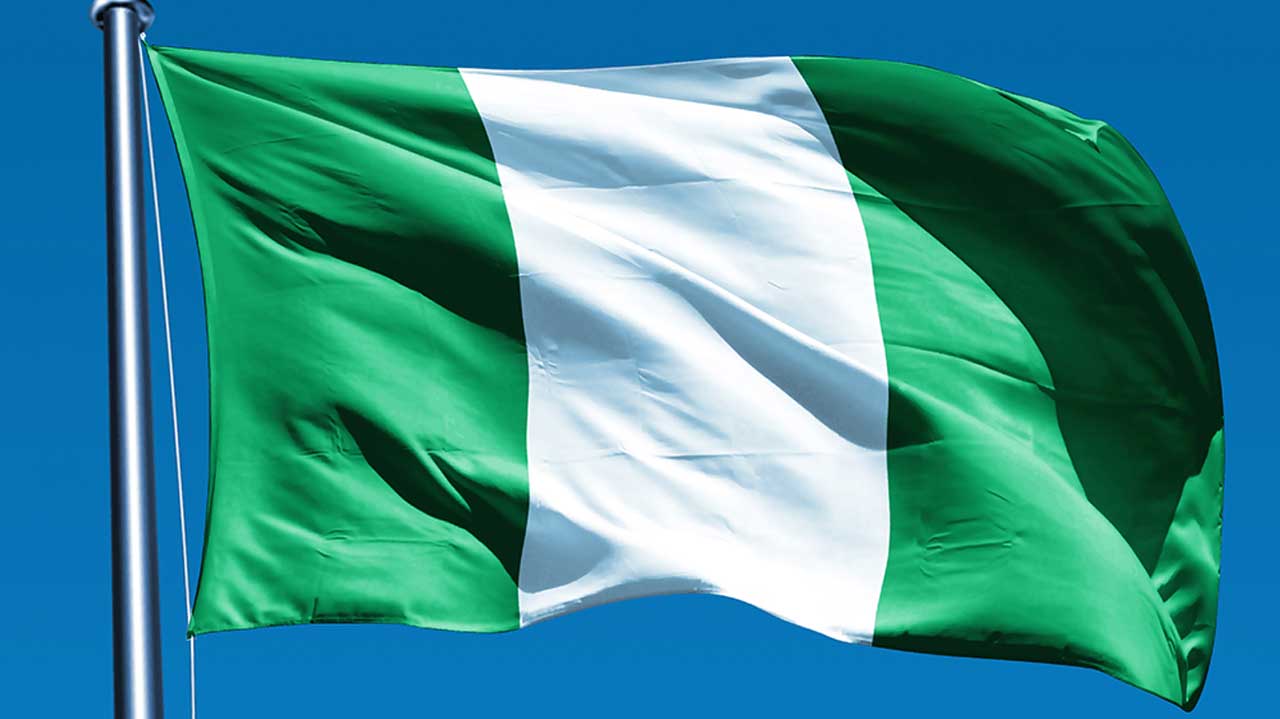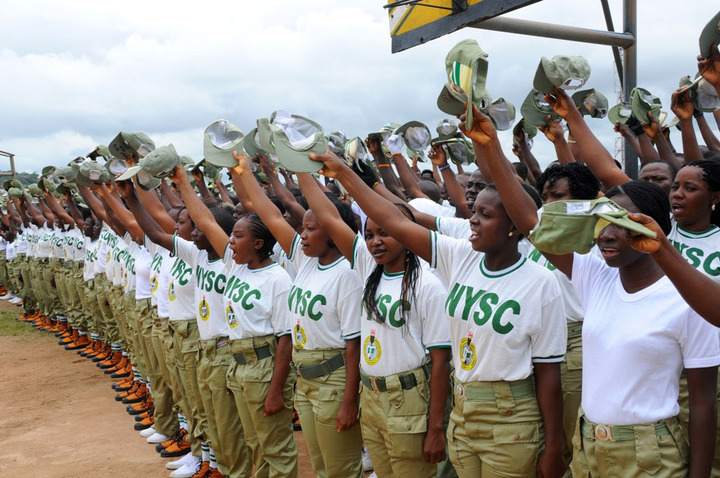Politics is widely viewed as the acquisition, consolidation, and use of state power, hence relatedly, Carl von Clausewitz, a 19th Century military general of the Prussian Empire (later-day Germany), theorized that “War is a continuation of politics by other means.” His idealization of war was apparently due to the fact that during the period of 1792 and 1831 when he served and died in active service, war was generally brief and casualties were light, hence it was a tolerable and even acceptable means of resolving disputes. War, at his time, was largely fought by infantry and cavalry soldiers armed mainly with muzzle-loading riffles. It was a time when humanity had not yet attained the levels of scientific and technological advancements that occasioned the invention of deadly precision weaponry. Nevertheless, one man who would rather not agree with Clausewitz’s trivialization of the dangerous phenomenon of war was General William Tecumseh Sherman, a hero of the American civil war, and the originator of the popular aphorism, “war is hell.”
An apostle of the concept of “Total War,” General Sherman is reputed for his harsh tactics during the American civil war of 1861 – 1865. In 1864, as the war dragged on endlessly with neither the Union army nor the secessionist Confederate forces able to deliver the death blow, Sherman, a Union army commander, decided to put his “Total War” strategy into practice. In an unprecedented scotched-earth military campaign, he marched his troops into the Confederate’s stronghold of Atlanta – Georgia, destroying everything on his path. Historians have likened his Georgian campaign tactics to the war doctrine of “Shock and Awe” adopted by the United States during its 1993 blistering invasion of Iraq. Suffice to say that the Confederate forces, faced with annihilation, surrendered. And that was the beginning of the end of the civil war.
But, in the aftermath of the war, and amidst national acclaim for his heroism, a remorseful General Sherman admonished against war and its attendant triumphalism in a personal letter written in May 1865: “I confess, without shame, I am sick and tired of fighting – its glory is all moonshine; even success the most brilliant is over dead and mangled bodies, with the anguish and lamentations of distant families … it is only those who have never heard a shot, never heard the shriek and groans of the wounded and lacerated … that cry aloud for more blood, more vengeance, more desolation.”
If Americans perceived General Sherman’s post-war pacifist admonition as a fleeting atonement for his cruelty during the civil war, they were in for disappointment as he continued his anti-war advocacy, unflinchingly. In 1879, sixteen years after the civil war, and in his capacity as the head of the US’ Army, he addressed the graduating students of the Michigan Military Academy, thus: “I have been where you are now and I know just how you feel. It’s entirely natural that there should beat in the breast of every one of you a hope and desire that someday you can use the skill you have acquired here. Suppress it! You don’t know the horrible aspects of war. I’ve been through two wars and I know. I’ve seen cities and homes in ashes. I’ve seen thousands of men lying on the ground, their dead faces looking up at the skies. I tell you, war is hell!”
Doubtless, General Sherman’s unabashed denunciation of war is profound, especially in light of the swaggering macho-masculinity and bravado characteristic of modern world’s military generals and war heroes. For, hardly can one find a present-day war general who would rather sing a pacifist tune than bask in the euphoria of hard-earned victory and heroism. Also, few generals (if any) would candidly advise their protégés against a legitimate desire to put into practice the military skills they had diligently acquired. It is within this context that we can properly delineate the brinkmanship and bellicosity being exhibited by Nigerian ethnic demagogues and other centrifugal forces, who are riding a wave of virulent ethnocentrism while fanning the embers of civil war.
Conflict, it is generally agreed, is an inherent and recurrent phenomenon in every group or entity. In a national entity, conflicts arise from competition for scarce resources amongst the constituent socio-cultural groups. It may also stem from the pursuit of mutually incompatible values and purposes. More often than not, competing parties resolve their differences amicably, but when they choose to resolve them to their exclusive rather than mutual satisfaction, the competition then assumes the character of a conflict, which may escalate into a crisis, and eventually into a war. A war is the organized conduct of major armed hostilities between social groups within a state (civil war) and between states (international war). Thus, the unity and stability of any state will endure as long as it is able to mediate conflicts arising from competition amongst its constituent socio-cultural groups.
Largely due to Nigeria’s declining socioeconomic fortunes occasioned by dwindling crude oil revenues; and apparently due to the global rise of ethno-nationalism occasioned by mutually-reinforcing social media messaging; demagogues, chauvinists, and charlatans from various ethnic groups in the country are agitating for the breakup of the country along ethno-linguistic lines, unmindful of the fact that the ethnically heterogeneous entity comprises more than 300 such groups, even though it is dominated by three major ones: the Hausa-Fulani in the North; the Yoruba in the South West; and the Igbo in the South East.
Also, buoyed by the Internet’s anonymity factor and related social media populism, the country’s centrifugal forces are inundating the populace with ill-conceived separatist messages about the need to split the country, although they have consistently failed to answer the critical question: Into how many parts should it be split? But, with the cacophony of their ignorance-laden messages assuming a deafening din, there arises the urgent need to deter them from dragging the country into an avoidable civil war, especially with the Igbo-based Independent People of Biafra (IPOB) threatening to declare war in order to actualize its separatist objective.
Recall that between July 1967 and January 1970, the Igbo secessionist Republic of Biafra fought a civil war against the Federal Republic of Nigeria, and lost. The casus belli for that war was the ethnic schism between the Hausa-Fulani and the Igbo, sparked off by the military coup of January 1966 led by some Igbo junior army officers, and the counter-coup of July 1996 led by senior officers of Hausa-Fulani origins. The civil war claimed an estimated 3 million lives, with most of them perishing from hunger, starvation, and disease.
Were Nigeria’s separatist elements well-acquainted with General Sherman’s “war is hell” aphorism, they would not lightly entertain the use of war to achieve their objective. And were they honest with themselves, they would readily admit that the consequences of the last civil war of about five decades ago are still being felt in the country, especially in Eastern Nigeria that constituted the war theatre. As a matter of fact, memories of the war’s casualties are still lingering in the minds of surviving relatives and associates.
Other than its casualties, it is also worth remembering that the Nigerian civil war was largely devoid of Cold War politics, hence it was not protracted by the intervention of each super power on either side. For purposes of clarification, the 2nd World War had ushered in the Cold War era during which the two super powers, the US and the Soviet Union, deployed conventional weapons of awesome devastating effects in the proxy wars they fought in Third World countries. For instance, in the Vietnam War of 1955 – 1975, the US’ B-52 Stratofortress, with each payload of about 100 huge bombs, symbolized all that was bad and ugly about the war as waves of the deafeningly-noisy jet-bombers rained bombs on the Soviet-backed North Vietnamese Army positions unceasingly. But, it was its deployment of Napalm (a petroleum-based anti-personnel bomb spraying multiple pellets of explosives upon detonation) that drew international outcry. A haunting image on the Internet showing a badly burnt nude Vietnamese infant girl symbolizes the horrors of its deployment. A conservative estimate of 3.8 million Vietnamese perished from the war, with many more wounded, while the entire country was left in ruins. 57,000 American lives were lost, with thousands missing in action.
Unfortunately, the end of the Cold War has given vent to the global forces of nationalism, ethnicity, clannishness, etc. In Nigeria, ethnic demagogues and separatists are baying for blood, raising fears amongst well-meaning citizens that an unforeseen incident may trigger a conflagration or civil war, in a manner akin to the Rwanda crisis that culminated in the 1994 genocide.
It would be recalled that on April 6, 1994, an aircraft conveying Rwanda’s President Juvenal Habyarimana and his Burundian counterpart, Cyprien Ntaryamira (both ethnic Hutus) crashed in Kigali – Rwanda. The majority ethnic Hutus conveniently blamed the crash on the minority Tutsi and its affiliated Rwanda Patriotic Front (RPF) rebel group, and descended on them in a vengeful wave of genocidal violence. By the time the bloodletting subsided in July 1994 (thanks to a counter-offensive by the RPF led by Paul Kagame), an estimated 1.5 million people had met with gruesome death – most of them Tutsis. Hundreds of thousands of children were orphaned. About half a million women suffered untold horrors of sexual violence. More than 2 million persons (most of them Hutus) ended up in refugee camps in the neighbouring countries of Uganda, Tanzania, and especially in Congo Democratic Republic (Zaire), where their presence precipitated an international armed conflict that resulted in the downfall of sit-tight dictator Mobutu Sese Seko in 1997, and also sparked off an armed conflict across East and Central Africa.
Against this background, Nigeria’s war-mongering ethnic demagogues and separatists would do well to understand that war is an unpredictable phenomenon fraught with uncertainties. Its vicissitudes are such that a likely winner could easily turn a loser, vice versa. Writing in this vein in his “Canterbury Tales,” the famous 14th Century English Poet, Geoffrey Chaucer, admonished: “Many a man cries war, war! who knows very little what war amounts to. War at its beginning has so great, so large an entrance that anyone may enter when he likes and find war easily; the end, though, is certainly not easy to know. For truly once war has begun, many a child yet unborn shall die young because of that war, or in sorrow live and in wretchedness die. Before they start a war men must therefore have great counsel and deliberation.”
The profundity of Chaucer’s admonition in contemporary world’s society is attested to by, among others, the following images that have emanated from Africa’s bloody conflicts:
A bloodied, terrified, and screaming Liberian President Samuel Doe begging for elusive mercy as he was being butchered limb-by-limb by rebel forces on September 9, 1990.
Thousands of limbless children, women, and men who miraculously survived the atrocities perpetrated by rebel child-soldiers of the Liberian and Sierra Leonean civil wars of 1989 – 2003, and 1991 – 2002, respectively.
A handcuffed, weeping, and bare-bodied Ivorian President Laurent Gbagbo being led away from his devastated presidential palace as a prisoner of war by rebel forces on April 11, 2011.
A fatally wounded Colonel Muammar Gaddafi of Libya needlessly begging for mercy in course of his being dragged out of a drainage pipe by the rebel forces that terminated his 42-year dictatorship on October 20, 2011.
Citizens of the nascent Republic of South Sudan fleeing to Sudan (North) as refugees in order to escape the fratricidal civil war that had engulfed their country in 2013 barely two years after Independence from the same North in 2011 – the culmination of a 55-year violent struggle.
Ethiopian government forces backed by Eritrean troops using rape, torture, hunger, etc. as weapons in their ongoing bloody campaign against Tigray Defence Force rebels.
Indeed, war entails the perpetration of untold atrocities by belligerents, irrespective of the attempt by the Geneva Convention of 1949 to humanize its conduct. It is well known that the vulnerable segments of the population, such as children, women, the elderly, and the sick, are often not often spared the horrors of war. Also, despicable elements usually hide under the cloak of war to perpetrate heinous atrocities like rape and sadistic or psychopathic killings. In light of these and other unmentioned, Nigeria’s war-mongering ethno-nationalist separatists and other centrifugal forces need be reminded that no matter how war and its associated death, destruction, and misery may have been trivialized by cinema and television action-packed movies, war remains what it is: an aberration symbolizing the descent of man into the abyss of hate, abasement, and bestiality. Therefore, preventing its outbreak at all cost should be uppermost in the mind of all parties to a conflict.



